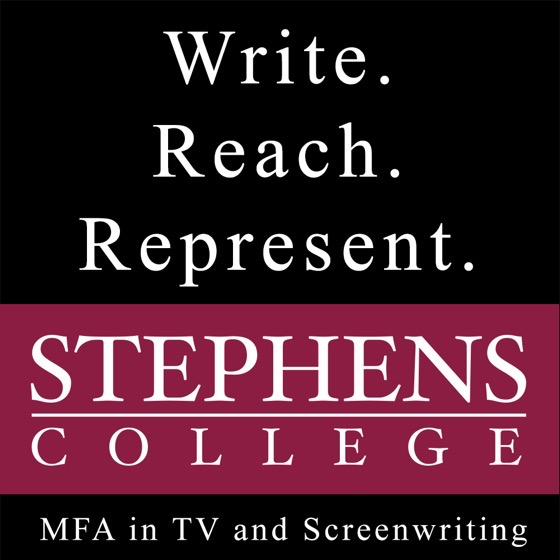Thanks to the gracious invitation from my Screenwriting Research Network colleague Paolo Russo – and a grant he was able to procure (and in the before-Covid time) I was able to spend a week at Oxford Brookes University working with the screenwriting masters students in Paolo’s course. At the culmination of the week, I gave this lecture on how writers rooms worked in the States.
Transcript:
…and to their credit, everybody in the room is kind of like “Oh duh yeah, why didn’t we think of that. Okay,” but a production problem. Della Reese was actually a minister in a church in Los Angeles and we filmed this in Utah. So she was given every Friday to fly back to LA to run her church for the weekend and then she’d come back Monday morning. So she didn’t work a day and a half of every week and so she couldn’t be in as many scenes as Roma Downey could. So immediately the supervising producer who’s in charge of scheduling shot that down and said “No we can’t do it,” and I thought damn, make me mad. I’m going to have to call my friend and say You’re going to hate this episode. Don’t watch it.” right and then I said “What if we asked Della if this particular week she would work a couple of extra days for the chance to play this character instead of that character” and they’re like “It can’t hurt to ask,” and you know to not play a maid she gave us another couple of extra days. So it was a move in the right direction right that had to be brought up. You have to think about it. Then you have to talk people into it. Persuasive speech is a good class to take if you want to be a writer in a writer’s room.
Watch this entire presentation
Subscribe to Rosanne’s Channel and receive notice of each new video!
* A portion of each sale from Amazon.com directly supports our blogs
** Many of these books may be available from your local library. Check it out!
† Available from the LA Public Library
Podcast: Play in new window | Download
Subscribe: RSS
![41 It Never Hurts to Ask from There And Back Again: Writing and Developing for American TV [Video]](https://rosannewelch.com/wp-content/uploads/2021/09/rmw-oxford-brookes-41.jpg)
![02 Women Writers Matter from “Female Creatives & A Star Is Born” with Dr. Rosanne Welch [Video]](https://rosannewelch.com/wp-content/uploads/2021/09/rmw-women-creatives-star-is-born-usc-02.jpg)

![14 International TV from Worry and Wonder | The Courier Thirteen Podcast [Video]](https://rosannewelch.com/wp-content/uploads/2021/09/rmw-courier-13-14-1-1200x675.jpg)
![14 International TV from Worry and Wonder | The Courier Thirteen Podcast [Video]](https://rosannewelch.com/wp-content/uploads/2021/09/rmw-courier-13-14.jpg)
![40 Breaking Stereotypes from There And Back Again: Writing and Developing for American TV [Video]](https://rosannewelch.com/wp-content/uploads/2021/09/rmw-oxford-brookes-40.jpg)
![01 Introduction from “Female Creatives & A Star Is Born” with Dr. Rosanne Welch [Video] [CC]](https://rosannewelch.com/wp-content/uploads/2021/03/rmw-women-creatives-star-is-born-usc.jpg)

![13 Can It Be Edgier? from Worry and Wonder | The Courier Thirteen Podcast [Video]](https://rosannewelch.com/wp-content/uploads/2021/08/rmw-courier-13-13.jpg)
![39 Even More On Working Well With Others from There And Back Again: Writing and Developing for American TV [Video]](https://rosannewelch.com/wp-content/uploads/2021/08/rmw-oxford-brookes-39.jpg)
![Stephens College and Writers Guild Foundation Present The Panel Discussion — “It’s All Relative: Writing Matriarchs” [Video]](https://rosannewelch.com/wp-content/uploads/2021/08/wga-2021-diverse-family-1.gif)

![12 90210 & Teenage Lives from Worry and Wonder | The Courier Thirteen Podcast [Video]](https://rosannewelch.com/wp-content/uploads/2021/08/rmw-courier-13-12.jpg)
![38 More On Working Well With Others from There And Back Again: Writing and Developing for American TV [Video]](https://rosannewelch.com/wp-content/uploads/2021/08/rmw-oxford-brookes-38.jpg)